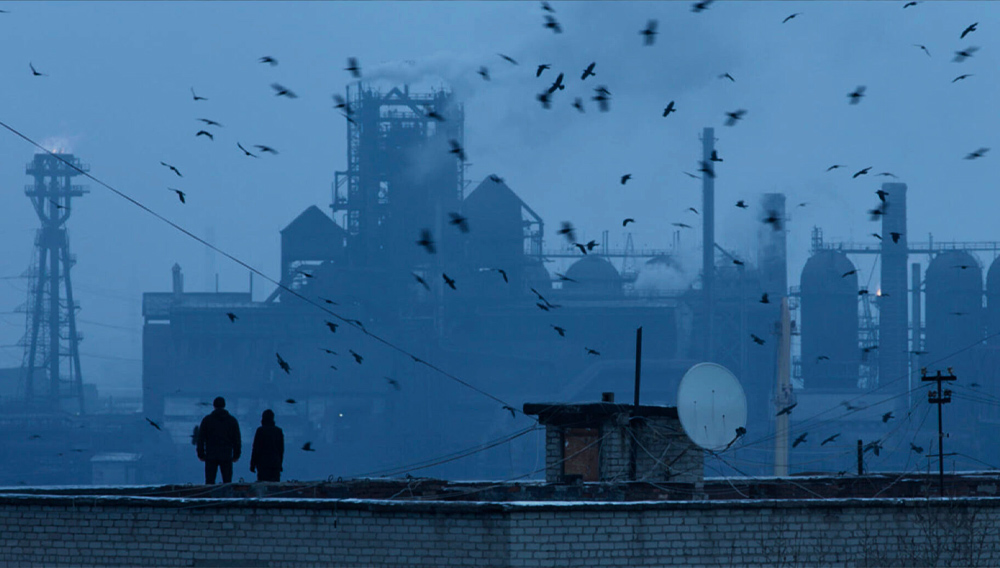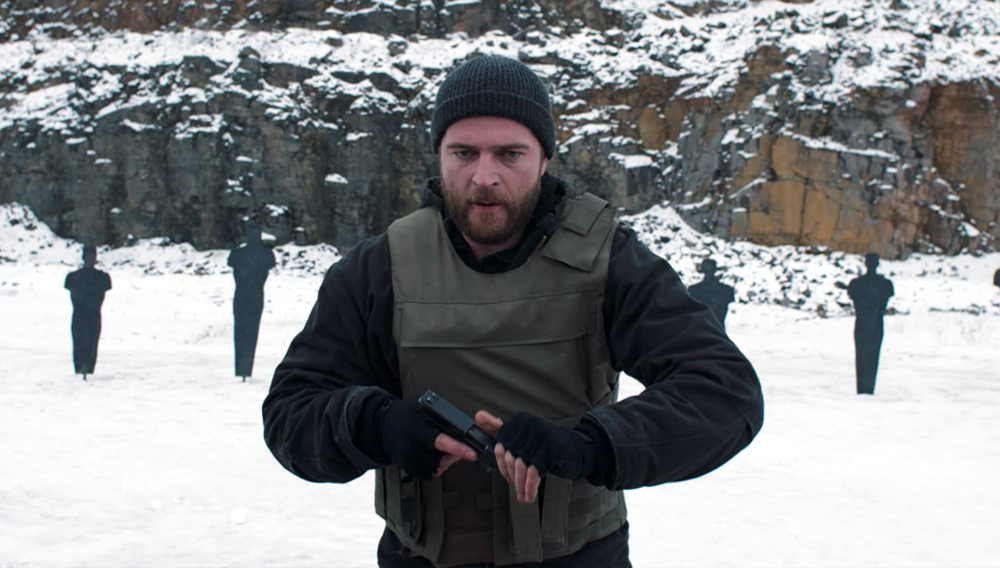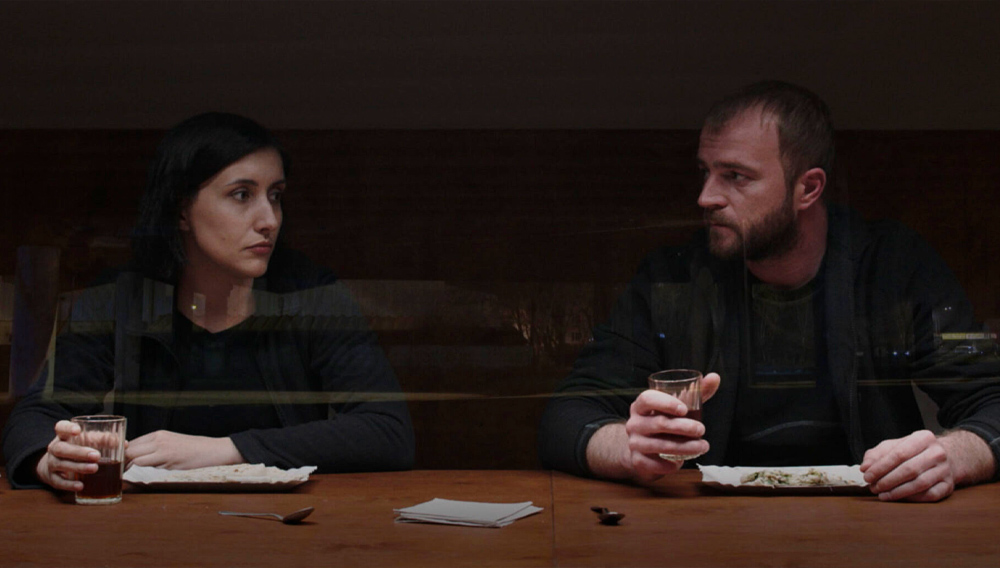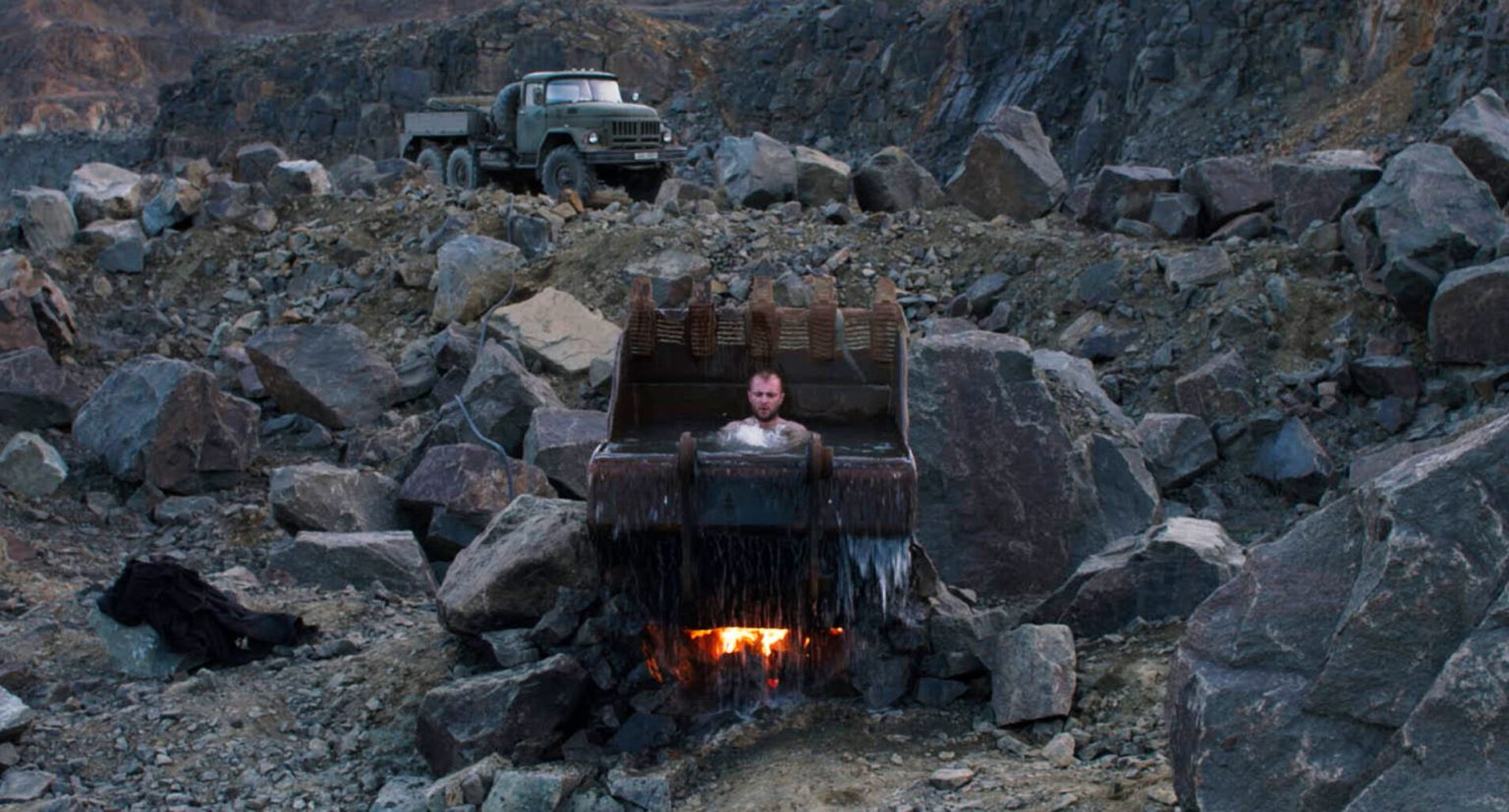“Well, the industry is over,” Martin Scorsese recently declared. “In other words, the industry that I was part of, we’re talking almost, what, 50 years ago? It’s like saying to somebody in 1970 who made silent films, what do you think’s happened?”
The 80-year-old legend’s observation echoes and underscores the ongoing cries of despair about the state of cinema in a time when the cinemas themselves—the moviehouses, the very temples of the art—feel ever more to be irrelevant spaces, their screens yielded mostly to noisy superhero franchises (a Scorsese bugaboo) and their like while original scripts with more idiosyncrasy and ambition are marginalized or ignored (except during the late fall period when the members of the Academy of Motion Picture Arts and Sciences begin thinking about Oscar nominations). After all, the “Barbenheimer” phenomenon wasn’t replicable, even if it offered a glimmer of hope. There are a thousand tangents to all this, including the looming threat of AI (not just a Spielberg movie anymore, kids!), but the whole universe of moving images is going through a transformation, as fully unstable as so much of the real world it’s meant to reflect or reimagine.

Amid all this, I found great encouragement coming across a 2019 Ukrainian film called Atlantis, now on Fandor, that signals not only how vital curated streaming services can be in making work widely available but also makes evident the power of film to act in a prophetic manner.
You might describe Atlantis—directed by Valentyn Vasyanovych, who also wrote and shot the film—as a dystopian excursion to the near future. Its sci-fi vibes are frontloaded with an opening sequence of a man being killed over his own freshly dug grave, seen from overhead via infrared photography. But I wouldn’t describe it that way now because the future it depicts is the present-day (or very close to the film’s 2025). The now-desolate landscape of eastern Ukraine has been ravaged from a war with Russia, and those who have survived combat struggle with the terrors of PTSD. We’re introduced to two such men, one of whom soon commits suicide in a manner so horrible it’s shocking to imagine. Serghiy (Andriy Rymaruk) is now a kind of double survivor, but when the steel factory that has employed him shuts down, he casts himself out into the wasteland.

The story plays on the Russo-Ukrainian War of 2014 but looks ahead to where Ukraine is now. Much of the film was shot around the port city of Mariupol, which suffered apocalyptic destruction during a Russian siege in 2022—documented in the nonfiction feature 20 Days in Mariupol, Ukraine’s Oscars submission for the Best Foreign Language Film, as was Atlantis before it. In brief, Serghiy takes work roaming the countryside in a water truck, a service mandated by the contamination of existing sources. His travels bring him across an archaeology student, Katya (Liudmyla Bileka), who works with an NGO committed to digging up the bodies of the war dead and (if possible) reuniting them with their families. The task is extremely hazardous as Russian mines are everywhere.
Previously, Vasyanovych was the cinematographer for The Tribe, a button-pushing 2014 social drama set inside a criminalized boarding school for deaf children. Edgy and sensational, it proposed “what if Children of a Lesser God but A Clockwork Orange?” OK, that’s a bit facetious, but behind the violent shenanigans the film has a rigorously composed look, one whose distanced, wide angled, static camera offers a very full frame for movement and landscape tableaux. The director imports this aesthetic to Atlantis, where in a manner reminiscent of Stanley Kubrick, he fixates on symmetry and objects/subjects he can center in the frame. This staggers the narrative pace of an already minimalist production, but it also amplifies moments. It’s quite funny when the camera locks onto an isolated excavation bucket in the middle of nowhere, only for Serghiy to roll up, walk out with a hose, fill it with water, light a fire underneath, then hop in for a hot bath.

Like much of the cast, Rymaruk was reportedly not an actor but a real survivor of the earlier war; he’s fully relatable. When he says, near the film’s somewhat happy (?!) ending, “I used to live like all ordinary people, and then everything suddenly ended,” it’s both utterly credible and a stirring epitaph. (Rymaruk returns as a secondary character in Vasyanovych’s 2022 follow up Reflection, which explores the struggle of a Kyiv surgeon after he returns home from Russian imprisonment during the 2014 war).
If much of Atlantis feels as bleak as the evening news, its calm, studied style and uncanny fic/non-fic hybridity allow emotional currents to slowly pool and spill over. When the camera suddenly pushes in from its remove, it’s for a close up of a couple kissing and soon a lot more, wrapping up a love scene with a wholly unexpected burst of luminescence. In this vision of the end of the world, only lovers are left alive.




